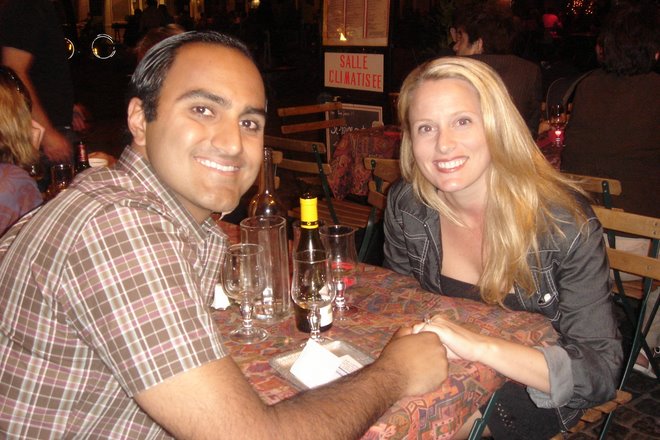I am reminded of a quote that I first read in an email that was sent to me by Harsh Mander, the executive director of the Dil Se Campaign. I thought that I would share the quote:
“Human history is not only a history of cruelty, but also of compassion, sacrifice, courage and kindness. What we choose to emphasize in this complex history will define our lives.”
Howard Zinn
Aman Biradari is a people’s campaign for a secular, peaceful, just and humane world. The previous mission statement seems obvious enough, but it is not the life lived by the homeless children we have had met in Delhi.
Adnan and I are currently working for the Dil Se campaign which is part of Aman Biradari, a grassroots organization started 5 years ago in Delhi. We have a high level of respect for the Executive Director, Harsh Mander whose work in Gujarat after the tragedies of 2002 was quite intense. Working with this campaign is sort of like working for a start up but in the social sector, of course. Adnan and I had the pleasure of seeing 5 years of work come together as we celebrated the opening of The Rainbow Home for Girls. Previous to the home the girls were homeless living on the streets, some as young as 3 years old. The young children are the most painful to see because all they truly need is a parent’s warm embrace. Instead the children have the hard cold streets that brutally take away their childhood.
Street children in India have had blind eyes on them. More and more children are taking to streets for a variety of reasons and an alarmingly miniscule proportion have been reached out to by state and non-state actors. It is estimated that out of 50,000 street children in Delhi alone, 1,200 are reached by custodial juvenile homes and a maximum of 1,500 by all NGOs. There are also serious limitations to the conventional state approaches of custodializng such children, and the NGO model is too cost intensive to be replicable on the scale that is required.
In the past there have been Government run homeless organizations but they shut down due to funding or other unfortunate circumstances. The children also hate these homes because they are more like jail/juvenile homes with abuse running large and child trafficking happening all too often. These homes are corrupt with rapid abuse. If the children aren’t criminals already, they will leave these custodial homes as criminals. NGO’s also started homes but most were only funded over a five year period. At the end of the five years, the children were back on the streets unless other funding could be raised. In most cases no such funding was available and the homes shut down.
Before the Dil Se Campaign the homes were run in isolation to the community and to each other. The Dil Se campaign is different because street children’s homes should be sustainable. They should be state lead with a low cost model and the state’s responsibility to take care of the most vulnerable of its citizens. The campaign tries to provide the rights given to all citizens by the government to the children. These rights, including protection, food, education, health care, recreation and love, derive from the fundamental right to life in the Indian constitution, and to the international covenants to which the Indian government is signatory. The state told Aman Biradari that they will provide land from abandoned government sites/schools. The campaign is dedicated to keeping these homes open with the help of government funding as well as help from the community and the private sector. The Dil Se campaign wants to open 50 homes throughout Delhi that run together in vacant Delhi buildings or in schools that are vacant at night because the infrastructure is already there. These kids have missed years of school so they not only need schooling but also need shelter. The campaign believes in keeping these kids until they are productive citizens. They will not turn a child away and the children are free to come and go as they please.
During our work with the campaign we were surprised to learn a few moving facts. Only one in ten street children beg for a living, and most of these are very young. Less than 10% of street children are in conflict with the law, not more than children who live with their families. Street children all work for the little money they have whether from picking up garbage to be recycled, sweeping stores, cleaning, shoe polishing, apprentices, etc.
Subscribe to:
Post Comments (Atom)

No comments:
Post a Comment